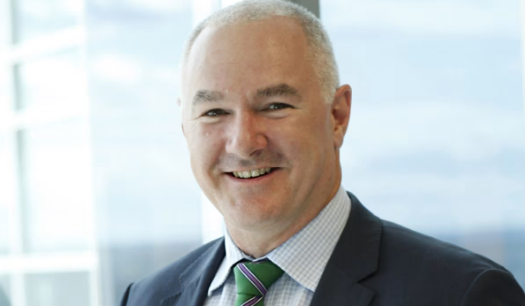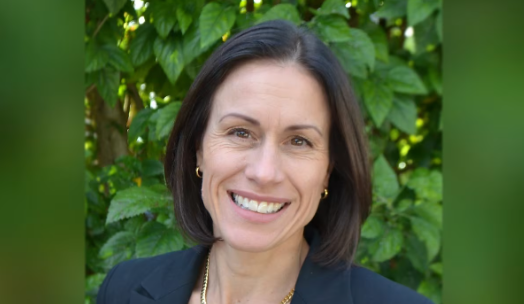A new survey has revealed that the RBA’s decision to pause rate rises in February was a shot in the arm for consumer sentiment, but the mood remains pessimistic.
The Westpac Melbourne Institute Consumer Survey Index rose by 6.2 per cent to 86 in February 2024 (up from 81 in January),
This marked the biggest monthly gain since April last year when the Reserve Bank of Australia (RBA) paused its rapid series of interest rate rises, and took the index to its highest level since June 2022.
Westpac Group senior economist Matthew Hassan attributed this rise in consumer sentiment to moderating inflation and shifting expectations for interest rates. At the same time, additional support came from the prospect of broader income tax cuts later in the year.
“That said, responses over the course of the survey week suggest the rally is still very tentative with a sharp pull-back amongst those surveyed after the RBA’s February policy decision,” Mr Hassan said, cautioning that sentiment is still firmly pessimistic.
The latest survey is based on 1,200 adults aged 18 and over across Australia and was conducted in the week from 5–9 February 2024.
RBA statement dampens sentiment
However, responses over the survey week took a sharp turn mid-week during the survey period following the announcement by the RBA board of its February cash rate decision.
Those surveyed before the decision recorded a sentiment index read of 94.1 while those surveyed after the decision recorded an index of just 80.
“This 15 per cent swing is on a par with some of the biggest pre- and post-RBA deteriorations seen when the Bank was still actively raising interest rates in mid-2023,” Mr Hassan said in his report.
“While the RBA Board’s decision to leave the cash rate unchanged in February was widely expected, the pull-back in sentiment suggests many consumers were hoping for a more positive tone – perhaps a clearer indication that inflation was coming back under control and that interest rates may, in time, move lower.
“Instead, the RBA Governor’s decision statement and subsequent commentary described the inflation situation as still evolving and was explicit in not ruling out the possibility of further interest rate increases.”
Buyer attitudes remain subdued
Housing-related sentiment improved in February but shows a stark gap between negative buyer attitudes and positive price expectations.
The “time to buy a dwelling” index rose 3 per cent to 74.2, reversing a similar-sized drop in January, and leaving the index in what is considered a very weak 72 to 76 range.
The largest gain in buyer sentiment was in Victoria (up 13.9 per cent to 78.1) and in Western Australia (up 21 per cent to 87.2).
However, it declined sharply across regional areas (down 14.0 per cent to 64).
Conversely, consumers who own investment properties were the only sub-group to have an outright positive view on “time to buy a dwelling”, with a reading of 106. This compares to sub-100 reads across all the other 54 sub-groups tracked by Westpac.
House price expectations rose to a new cycle high in February, with the Westpac Melbourne Institute Index of House Price Expectations rising by 2.1 per cent to 161.4.
Just under 69 per cent of consumers surveyed said they expect prices to continue rising in the year ahead.
However, housing-related sentiment shrank over the survey week, with buyer sentiment tumbling by 12 per cent and house price expectations falling by 3.4 per cent between pre- and post-RBA samples.
Rate cuts could restore sentiment, says Westpac
Despite this pullback in sentiment amongst those surveyed after the RBA decision, consumers’ interest rate expectations for the year ahead remained relatively unchanged and softer than in January.
The Westpac-Melbourne Institute Mortgage Rate Expectations Index, which tracks consumer expectations for variable mortgage rates over the next 12 months, decreased by 17.3 per cent to 121.6, the lowest reading since August 2020, when the COVID-19 pandemic was still raging.
Just under 44 per cent of consumers said that they expect rates to be the same or lower over the year ahead, up from 33 per cent in January, 25 per cent in December 2023, and 17.5 per cent in November 2023 (when the RBA last raised rates on Melbourne Cup Day).
Around 42 per cent of respondents said they expect rates to move higher, while the remaining 14 per cent said they “don’t know”.
Mr Hassan noted that Westpac expects the RBA to leave the official cash rate unchanged when the board meets in March, provided that inflation continues to track in line with expectations.
“The continued weak level of sentiment, especially around assessments of current finances, points to consumer demand remaining weak in the near term,” he said.
“However, the detail shows tentative signs that cost-of-living headwinds may be starting to ease. It also suggests that sentiment could bounce back quite strongly if an expected pivot to rate cuts is ‘franked’ by RBA messaging.”
He concluded: “All up, this is quite a positive mix for the bank, suggesting that demand will continue to assist in bringing inflation down and that, if and when it eventually sees scope to ease policy, rate cuts will be effective in restoring sentiment and supporting demand.”
If you’re looking to refinance for a better rate or the right rate for your clients at zero cost, contact Finni Mortgages’ experts and let us do the hard work for you.
Visit our website here or call 1300 002 023 to learn how we can help you!


